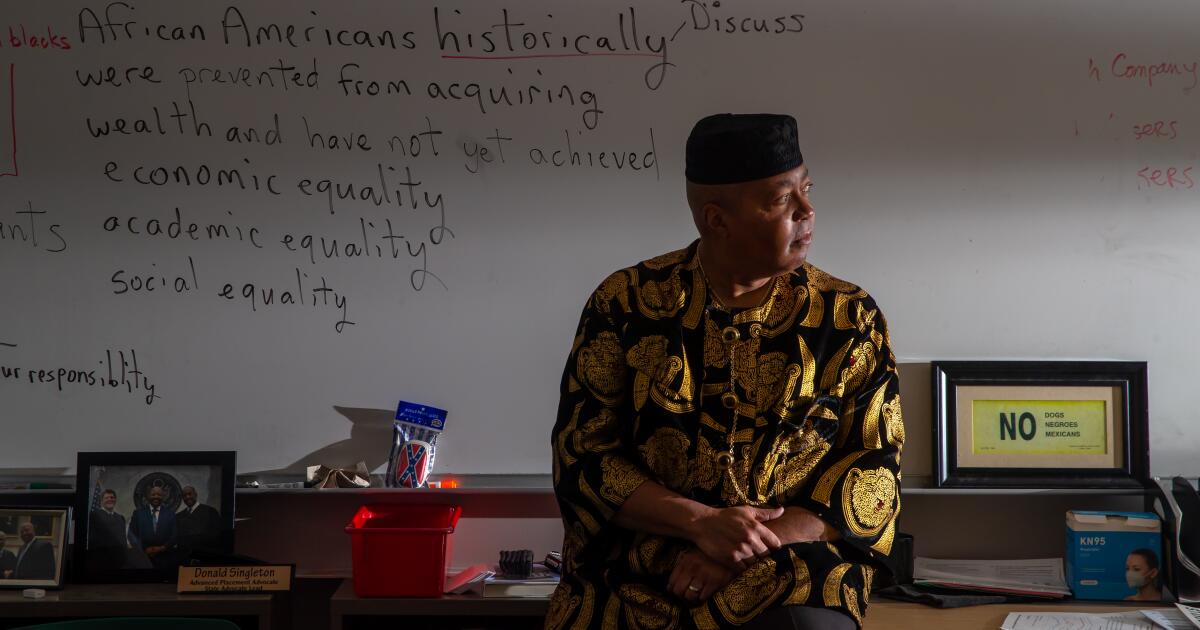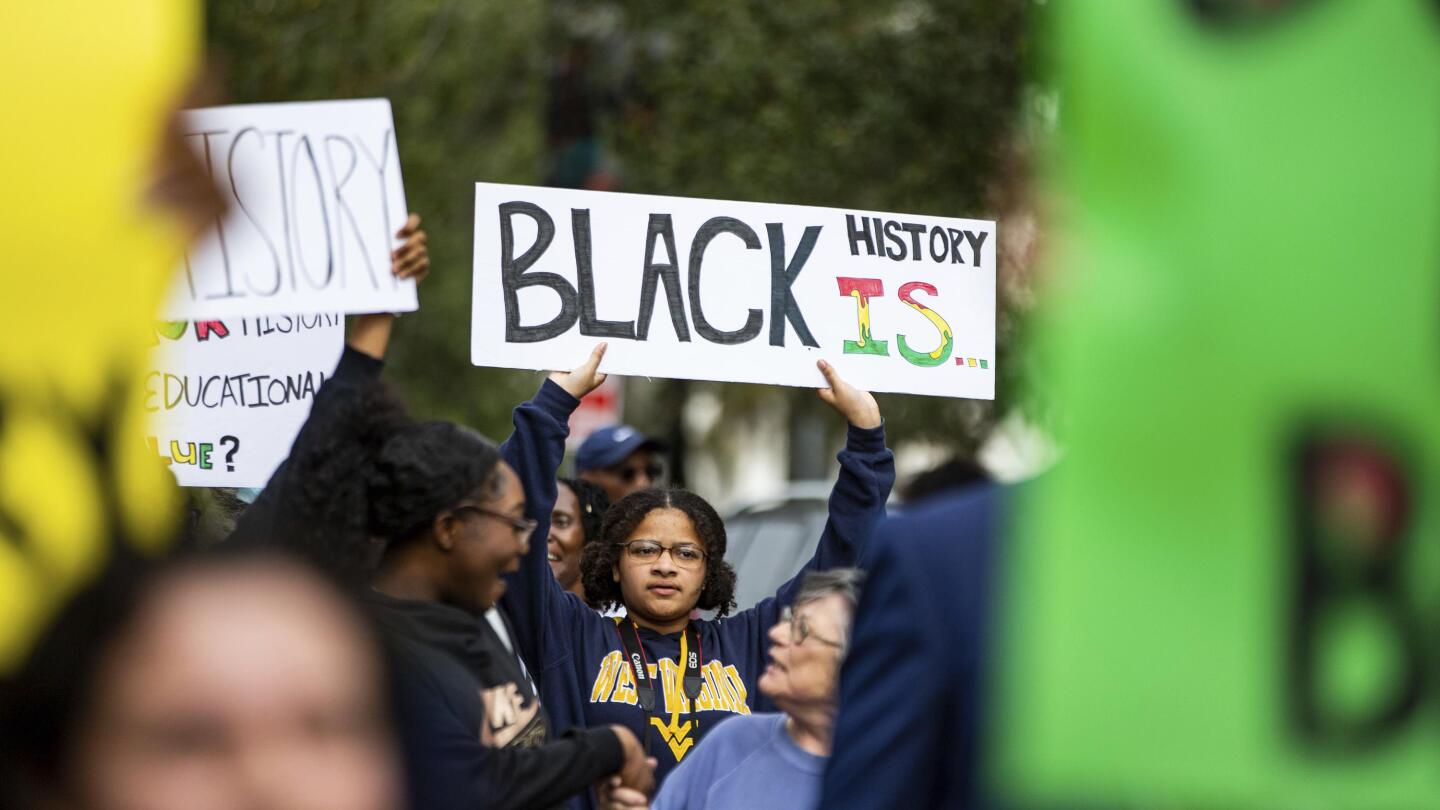
Here's Why It's A Big Deal To Capitalize The Word 'Black'
Huff PostILLUSTRATION: HUFFPOST VISUALS Many news sites are now capitalizing Black, including this one and Fox News. As the professor saw it, there were bigger fish to fry when it comes to racial injustices than uppercase letters and “typographical equivalencies.” But she knew it was more complicated than that: “I allowed myself to be content with how thoroughly I was representing the truth about the dynamism and dignity of Black people, even if the typography didn’t do it in every possible way.” But this spring, amid nationwide protests about racial justice, everyone started talking about capitalizing Black. Alexandria Neason, a Columbia Journalism Review staff writer, said she “views the term Black as both a recognition of an ethnic identity in the States that doesn’t rely on hyphenated Americanness and is also transnational and inclusive of our Caribbean Central/South American siblings.” To capitalize Black, she explained in a blog post, is to acknowledge that slavery “deliberately stripped” people forcibly shipped overseas “of all other ethnic/national ties.” Why is this a thing now? Others feel that “Black” is more inclusive to immigrants from Haiti, Jamaica or other Caribbean nations who don’t identity as African American even though their ancestors may have come from Africa centuries ago. “For example, we call some classes ‘Black History’ but the ones that focus on “white history” are just called ‘history,‘” she said.
Discover Related







